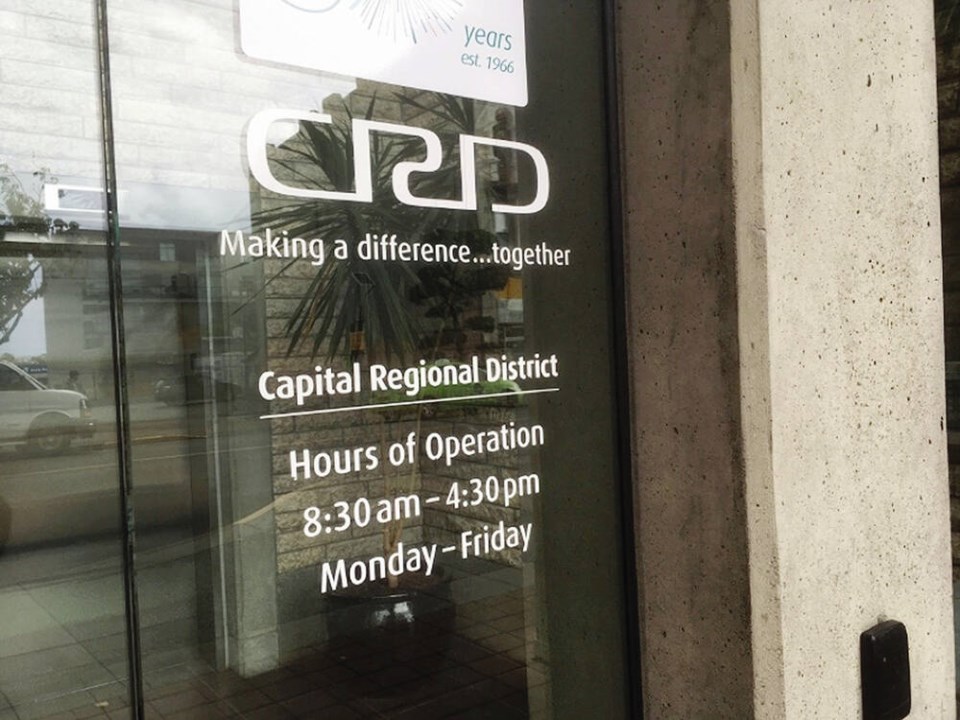A commentary by a Victoria resident.
I happened to notice the Capital Regional District ad in the newspaper highlighting yet another Alternate Approval Process bylaw.
This time it is “to authorize the establishment of a new regional service for the purpose of coordinating preservation and access to farmland for agricultural use, and to promote regional food security.”
The intent is to borrow money and pass the costs onto property taxpayers. My eyes then caught another CRD ad on the next page. They must have run it twice, I thought.
No such luck! Here is another one! This time it is “to authorize the establishment of a new regional service for the purpose of coordinating a regional approach to biodiversity, protection of ecological assets and environmental stewardship.”
Both require independent response forms to be filled out and returned to the CRD office by Jan. 15. A minimum of 33,194 forms (for each bylaw) need to be returned by that date to stop the bylaws from proceeding.
Where do I begin?
The AAP is a devious way to fund new initiatives.
The process itself is undemocratic. It’s no different than negative option billing (which is outlawed). Regardless of the amounts requested it is another example of nickel-and-diming people while they are looking at ways to cover their monthly bills.
We teach our kids about opportunity costs. Very few can do it all. Typically you have to give up something to do something else.
Not so if you’re a local politician. You simply flip the bill to taxpayers. I would ask why this couldn’t be funded out of their massive budget.
Perhaps it’s time to find efficiencies from within. Which brings me to another issue. An unelected body with taxation powers. What could possibly go wrong here?
I don’t want to legitimize the process but is it any coincidence that the time frame runs over the Christmas holidays, with a mail strike to boot? Hardly any time to formulate opposition.
The most infuriating thing for me is how tone-deaf politicians are to the concerns of the average taxpayer.
They stay in their ideological bubble regardless of what transpires in the real world. Even David Eby got the message when he talked about the need to deal with kitchen table issues.
Are the rest of you paying attention?



